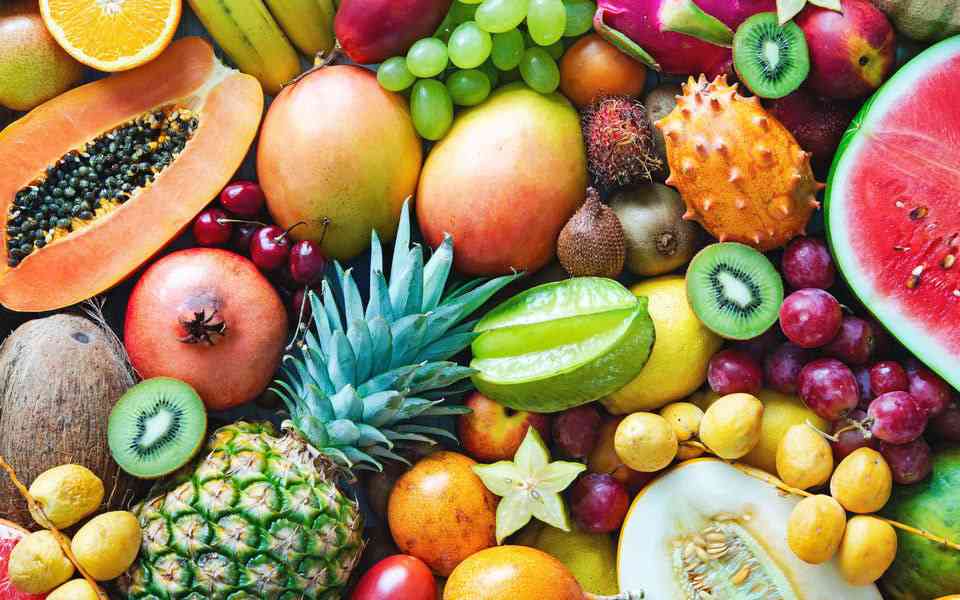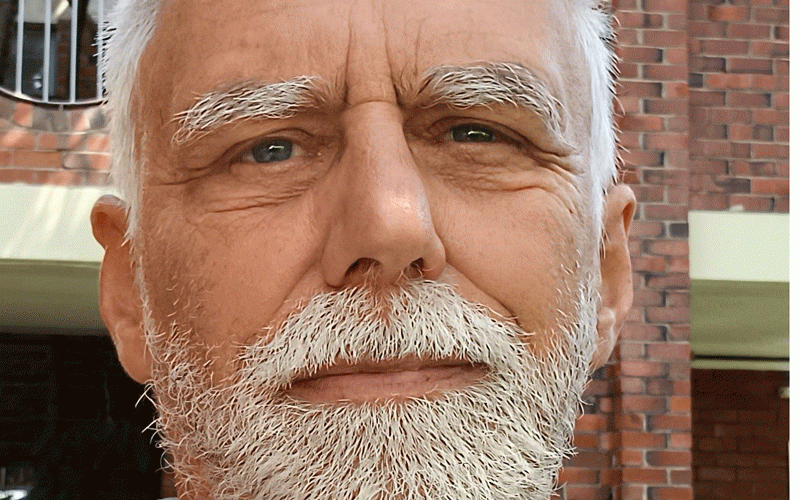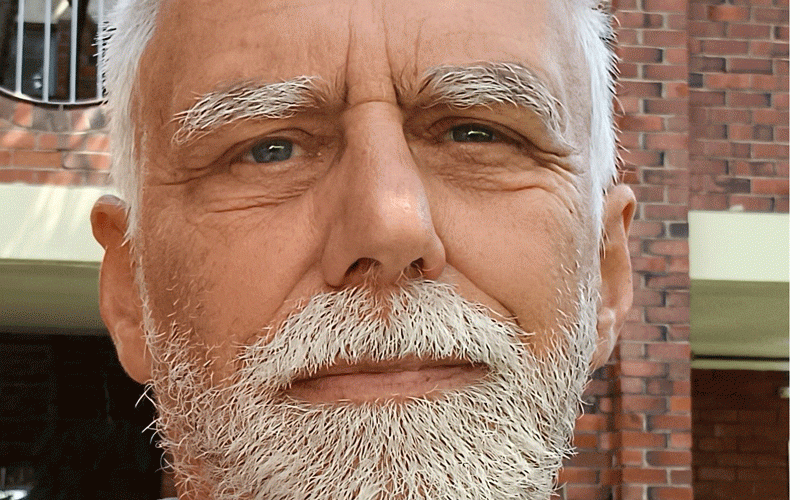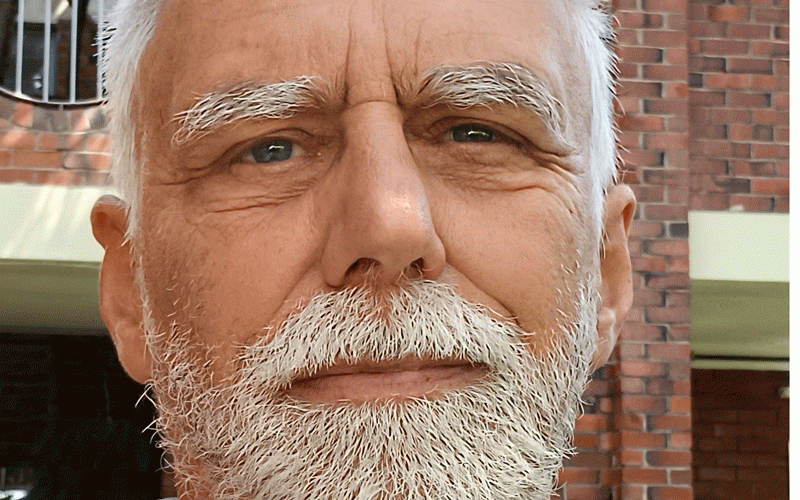
Apparently, orang-utans love mangoes. And a kiwi fruit contains twice as much Vitamin C as an orange.
Some people claim that eating an apple is a more reliable method of staying awake than consuming a cup of coffee; that an apple tree can produce up to 400 apples a year; indeed, that there are over 7000 different types of apples grown all over the world.
Some say the average American eats 120 apples a year and about 5.6 kilos of citrus per year. Really? So what?
Let us consider a few undeniable facts about fruit. A fruit tree does not have fruit on it all the year round. Some fruits take longer to grow than others.
There are many different types of fruit. There is no one fruit that can be defined ‘the best fruit’.
Some may be more popular but that does not make them the best. Different fruits grow in different climates and conditions. Fruit does not appear overnight.
The size of the fruit tree does not determine the size of the fruit. Some trees bear much fruit while other trees only have a small amount. You cannot grow strawberries on apple trees. You can speed up the ripening of a pineapple by standing it upside down (on the leafy end).
A banana though ripens quickly (overnight) when you put it into a brown paper bag with an apple or tomato. Unlike bananas, grapes can no longer ripen once picked.
- Fruity lessons
Keep Reading
What then is the relevance of all these nuggets of information? Quite simply it is because there are many lessons that we can learn about education from these facts.
Parables about seeds, plants and fruit are abundant in Jesus’s ministry and teach us much on a spiritual level as well as on a practical and educational level. In short, in education, it is fruit that we should look for, not results.
In the same way that a fruit tree does not have fruit on it all the year round, so we may not see in a child evidence of growth all the time.
There will be times when we wonder if there is any fruit but we must be patient. It is very true to say that while some fruits take longer to grow than others so too do some pupils take longer to grow, physically (obviously) but also intellectually and spiritually.
Just as there are many different types of fruit so we should not be looking to lump all our pupils together into the same category – fruit salads are more enticing than one plain fruit! We need to delight in our pupils’ differences and see that each has a different purpose, character and market.
Furthermore, we can testify strongly that just as there is no one fruit that can be defined ‘the best fruit’ so we must not label one pupil (or even school) the ‘best’ – one pupil may be more able academically or physically than all others but that does not make them the best person.
Some fruits may be more popular but that does not make them the best – it is the same with pupils.
In our instant world, we sometimes forget that fruit does not appear overnight. Nowadays we have delicious fruit in our shops all the year round but if we are growing the fruit ourselves we do not have the same fruit all the year round, nor does it just appear.
It is obviously the same with our pupils, though we also sometimes expect them to ripen overnight. We must be patient and nurture our youngsters with care. Some of our pupils will take longer to develop and grow – there is nothing wrong with that.
In fact it could be most helpful, in the same way that the famous French playwright, Moliere, said, “The trees that are slow to grow bear the best fruit.”
Different fruits grow in different climates and conditions – that is clear. Some prefer colder climates; others want warm weather.
So, some pupils flourish in some conditions, be they academic, cultural or sporting. The size of the tree does not determine the size of the fruit; there are some tall trees, some big bushes and some small shrubs, all of which bear fruit.
The height of the tree is not the issue – all that matters is that there is fruit. It is the same with pupils.
Sadly modern society has severe hang-ups about numbers – pupils, they claim, must have numerous qualifications yet some will do well to have a few, even if not at the highest level.
Just as some trees bear much fruit and other trees only have a small amount, so our pupils will vary in the extent of their fruit.
The big question is quite simple: is there fruit? It is not enough simply for a fruit tree to grow; it must bear fruit, even if some grow thirty-fold, others sixty-fold, others still a hundred-fold. The same applies to children in schools: is there fruit in their lives? Are they growing?
- Tim Middleton is the executive director of the Association of Trust Schools [ATS]. The views expressed in this article, however, are solely those of the author in his private capacity and do not necessarily represent the views of the ATS. email: ceo@atschisz.co.zw website: www.atschisz










